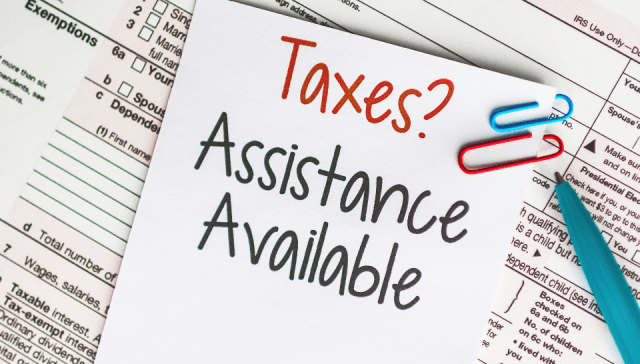News & Stories
Active filters
Social Security safety nets provide ways to work and still have support
Sherlock Center ImpactThe Sherlock Center supports Rhode Islanders who have disabilities by making sure they know about and can use the work “safety nets” built into Social Security programs. With the right information, people can choose work without the fear of losing their benefits forever.
What to do if Social Security sends you an overpayment notice
Sherlock Center ImpactThe Sherlock Center helps people with disabilities understand Social Security rules so they can work, avoid overpayments and take action if they get a notice.
Sherlock Center launches six new videos about managing benefits while working
Navigating Social Security benefits and work just got easier! The Sherlock Center is excited to announce a new series of six short videos covering key topics with practical tips and strategies for understanding work incentives and maximizing your success with benefits and employment.
SSA safety nets in action
We want to share a great example of how Social Security’s work incentives and safety nets can provide peace of mind for those who are working while receiving Social Security Disability Insurance (SSDI).
Social Security changes for 2025: What you need to know
In 2025, Social Security Disability Insurance (SSDI), Supplemental Security Income (SSI), and other disability and retirement benefits will see a 2.5% cost-of-living adjustment. This modest increase means a person receiving a $1,000 SSDI benefit in 2024 can expect a $25 monthly increase in 2025. Below are key updates for individuals who work.
New expansion to Medicaid buy-in removes limits for workers with disabilities
Last year, the Rhode Island General Assembly passed new legislation to expand the state’s Medicaid Buy-In Program for working individuals with disabilities. Previously, the Sherlock Plan placed limits on how much participants could earn and save, but the expanded “Ticket to Work” program removes both income and asset restrictions.
New Social Security rule eases overpayment burden
A recent Social Security rule change will make life easier for many people receiving disability benefits – especially those who receive, or worry about receiving, the dreaded overpayment notice.
Understanding tax implications of SSDI and SSI benefits
Unfortunately, there is no simple “yes” or “no” answer to the question, "Do I have to pay federal taxes on my SSDI benefits?" Some people are not required to pay any federal taxes on their SSDI benefits while others must pay taxes on a certain percentage of their benefits.
What you should know about whether federal benefits are taxable
Unfortunately, there is no simple “yes” or “no” answer to the question, "Do I have to pay federal taxes on my SSDI benefits?" Some people are not required to pay any federal taxes on their SSDI benefits while others must pay taxes on a certain percentage of their benefits.
Free tax assistance available for those with low to moderate incomes
Rhode Islanders with low or moderate incomes may qualify for free help preparing and e-filing their taxes.



